Mexico Makes Lots Of Electric Cars, But Few Mexicans Drive Them
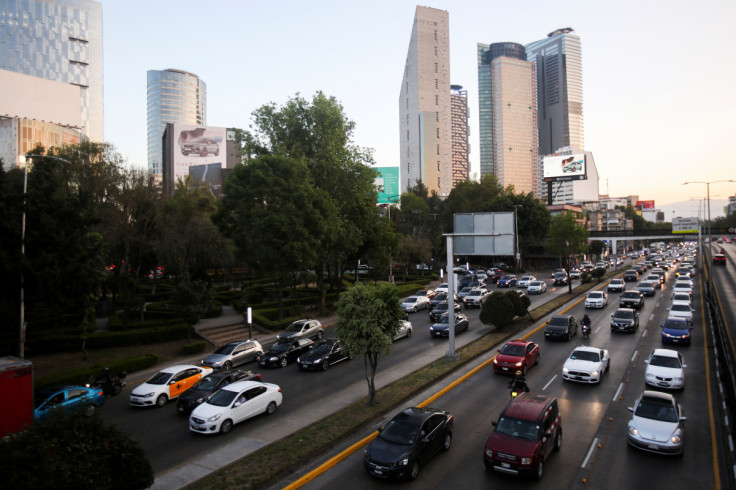
With Tesla Inc's plan to open a $5 billion Gigafactory in Mexico, the country should soon become a hub of electric vehicle (EV) production, but the zero emissions cars remain too expensive for most Mexicans and they are impractical to drive in much of the country, which lacks enough charging stations.
Mexico has made reviving fossil fuel output a priority under President Andres Manuel Lopez Obrador, frequently giving short shrift to investment in renewable power sources.
But it also has lofty ambitions to boost EV ownership as Tesla gears up to develop its factory in the northern border state of Nuevo Leon. General Motors Co, Ford Motor Co, BMW and Volkswagen's Audi unit also are producing EVs in Mexico, or plan to. And Mexico also has at least one home-grown EV-maker, the unlisted Zacua.
Foreign Minister Marcelo Ebrard, a leading contender to be Mexico's next president, said the government wants EVs to account for half of all cars sold domestically by 2030. Officials said that goal includes all zero emission vehicles, including hybrid and hydrogen-powered autos. Even so, it will take a lot of work to get there.
EVs made up just 0.5% of domestic auto sales last year, according to Mexico's Auto Industry Association AMIA, far below the U.S. percentage of 5.8%, according to research firm Motor Intelligence. If hybrids are added, Mexico reaches 4.7%.
"There are still a number of issues that need resolving in Mexico before there's a massive influx of electric cars," said Mario Hernandez, KMPG's lead manufacturing partner in Mexico.
Hernandez said drawbacks included a lack of subsidies for buyers, high costs for installing charging devices at homes and a shortage of public charging stations, vital for longer journeys. Unlike other countries, Mexico has not yet agreed on a plan to phase out gasoline-powered vehicles, he added.
Nearly 1.1 million new cars in total were sold in Mexico last year. Just 5,600 of those were EVs, much less than the 8,400 sold in Latin America's biggest car market, Brazil.
Yet output of EVs in Mexico was seen surging to 142,000 cars this year from 78,000 in 2022, Mexico's auto parts industry group INA estimated before Tesla announced its new plant.
AMIA Executive President Jose Zozaya told Reuters there were still "too few incentives from government" to boost EV sales.
"I have my reservations that we can reach authorities' expectations by 2030," said Nazareth Black, Chief Executive of EV-maker Zacua. "A real government incentive scheme would be necessary to really accelerate adoption of electric vehicles."
RANGE ANXIETY
Elsewhere in Latin America, countries from Costa Rica to Chile have included EV targets to reduce emissions as part of their commitments under the 2015 Paris climate accords. So far Mexico has shied away from such pledges.
The country needs more charging stations to make EVs practical. Mexico has about 1,100 charging stations nationwide, mostly in the capital and other major cities, according to AMIA. New York state alone has 9,000, according to the governor.
Pedro Corral, director of operations for EV charging stations platform Evergo, drives his all-electric i3 BMW around Mexico City. But when he leaves the city, he generally switches to a fuel-powered Toyota lest he run out of charge.
Evergo aims to install 4,000 chargers for public use in the next four years, betting on growing appetite for EVs.
Still, Corral said current sales suggest Mexico's targets are unrealistic, and was unsure the publicity surrounding Tesla's new factory would boost sales much.
Tesla's cheapest model, costing some $55,000, plus the expense of a charger, means most Mexicans cannot afford an EV. Cheaper models like the Nissan Leaf go for more than $50,000 and even the two seater Zacua costs around 600,000 pesos ($31,767).
The typical Mexican worker makes $366 a month on average, according to official data. The statutory minimum wage guarantees a Mexican around $11 per day.
And while Tesla's superchargers are ubiquitous in populous U.S. regions, they are sparse in Mexico. Many states have none.
"There are great benefits of having an electric car," said Corral, "but they are costly and people worry about the range."
($1 = 18.8870 Mexican pesos)
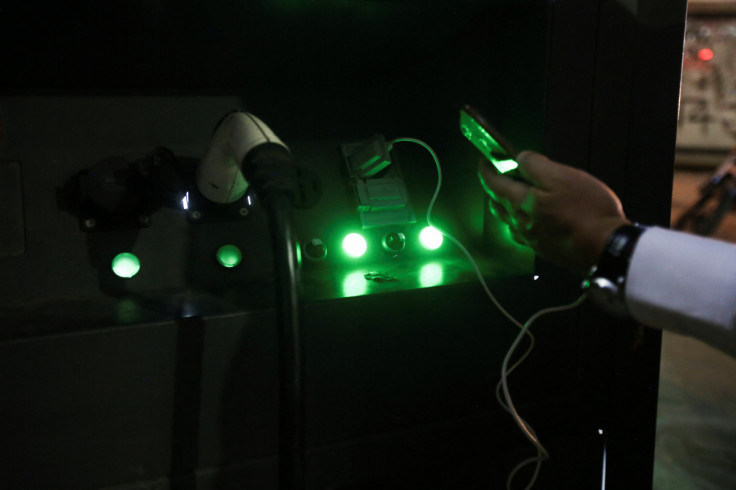
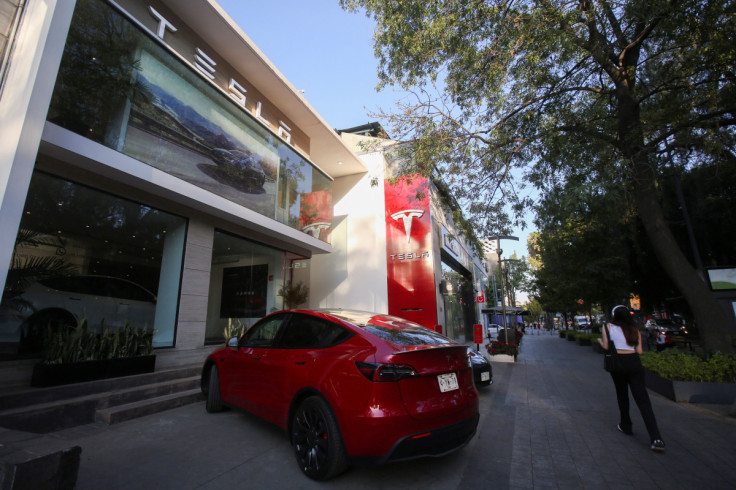
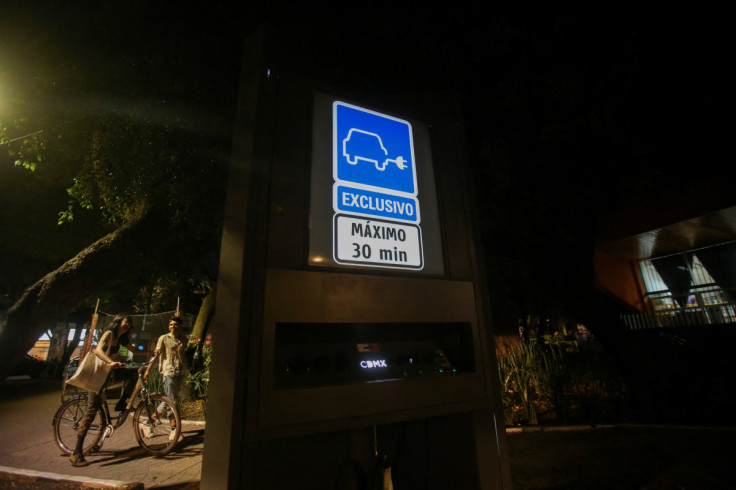
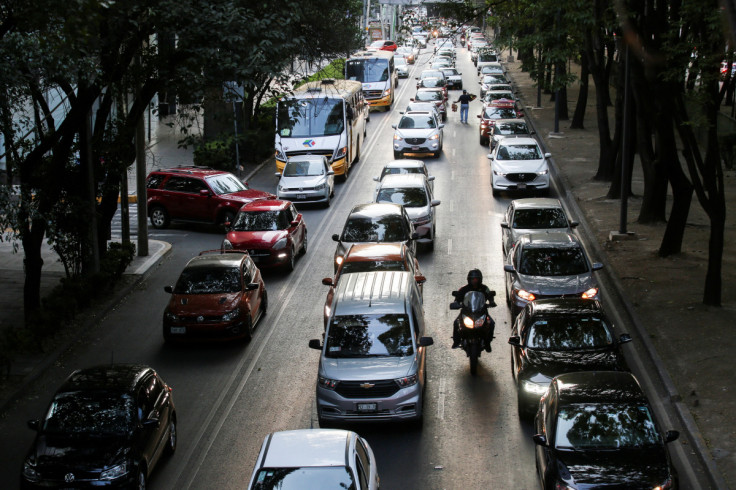
© Copyright Thomson Reuters 2024. All rights reserved.





















